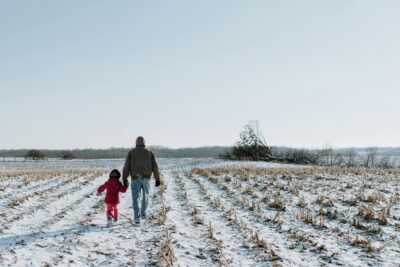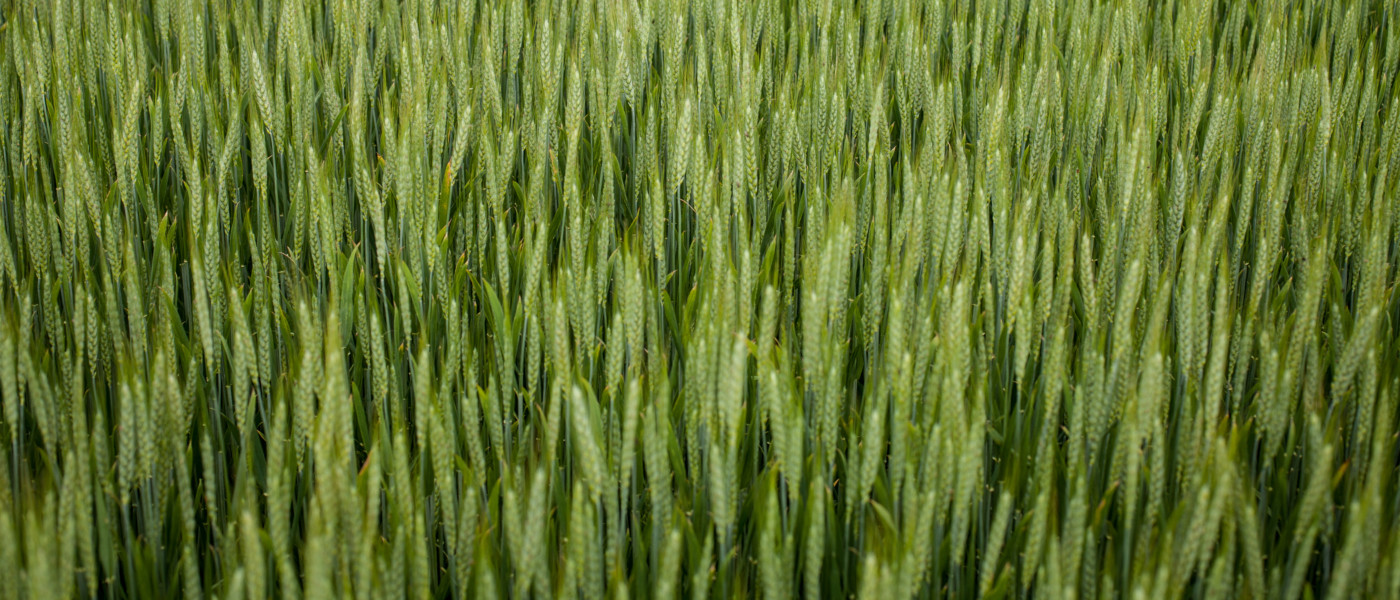The Farm Aid staff has had a welcome distraction from politics the past few weeks, as we’ve been deeply involved in our annual grant review process. Each of us has been reading the more than 100 grant proposals we received from farm and food organizations across the country. We’re inspired by the concrete and positive grassroots work people are doing in cities and rural communities. Much of that work depends on bringing together all kinds of people into a community—a strategy that has resulted in so much positive change in our farm and food system, and beyond. This process of learning about change-makers across our nation comes at the perfect time for us.
The election of 2016 has been one of the most divisive in recent history. We are concerned to see the level of anger and fear among Americans. One point of clarity for us is to stand against acts of bigotry and racism that have no place in our society. In the analyses since November 8, we are also disheartened to see whole swaths of our country being painted with such a broad brush. Our long experience is that Americans—all of us, no matter where we live or where we’re from—share many of the same values at our roots, even as we each remain uniquely individual in our experiences and outlook.
Long before the first Farm Aid concert in 1985, Willie Nelson famously brought together “rednecks and hippies.” In that same tradition, Farm Aid has served as a bridge. Artistically, our first concert was the first major concert to bring country and rock music together. But more importantly, that first concert brought the urgent concerns of farm country to the rest of America.
“If you eat, you’re involved in agriculture.”
In the 31 years since, Farm Aid has continued to bring rural and urban people together. We are heartened that the Farm Aid community is incredibly diverse—bridging the divides we’re hearing so much about right now: rural and urban; black, brown and white; female and male; old and young. Farm Aid has connected people through the truth that we all eat, and as the line goes, “If you eat, you’re involved in agriculture.” Food has a truly remarkable power to bring us together.
This week many will sit down to share food and engage in conversation and listening at the Thanksgiving table. It’s the perfect opportunity to begin the work to heal our country, starting with our family and friends and then taking it beyond the comfort of our own tables.
One of Farm Aid’s main areas of work is to amplify the voices of farmers. We take pride in telling the stories of farmers as they work each and every day to put food on our plates. Given the current feeling of division in our country, we want to take that work a step further. In 2017, we’ll introduce a new effort to generate conversation and listening between people in both rural and urban communities—in addition to farmers, we’ll bring in others who are involved in food and agriculture in some way.
We feel lucky: Our daily work lets us see many positive interactions between people who live in rural and urban communities, and between people of all races, creeds and political leanings. We see farmers who travel long distances before the sun rises to bring their products to city markets that enable them to stay on the land in their rural community. Last week, at an urban farmers conference in New York City, we heard young urban farmers say they stand on the shoulders of the rural farmers who came before them and showed them how to struggle and prevail. Among those who grow food, there is a growing recognition that we need each other, and we have much to learn from and share amongst each other.
We welcome our differences and look forward to working every day to come together to address the challenges we face. We have strong identities that make us who we are. We need not leave them behind; we can treasure our diversity and still find our common ground and respect for each other. As Farm Aid’s founder Willie Nelson sings, “There’s room for all of us in the Promiseland.”
For our part, Farm Aid will keep working for equity and justice in our farm and food system and beyond. We are grateful for your support in that fight. Building the Promiseland takes each and every one of us.




